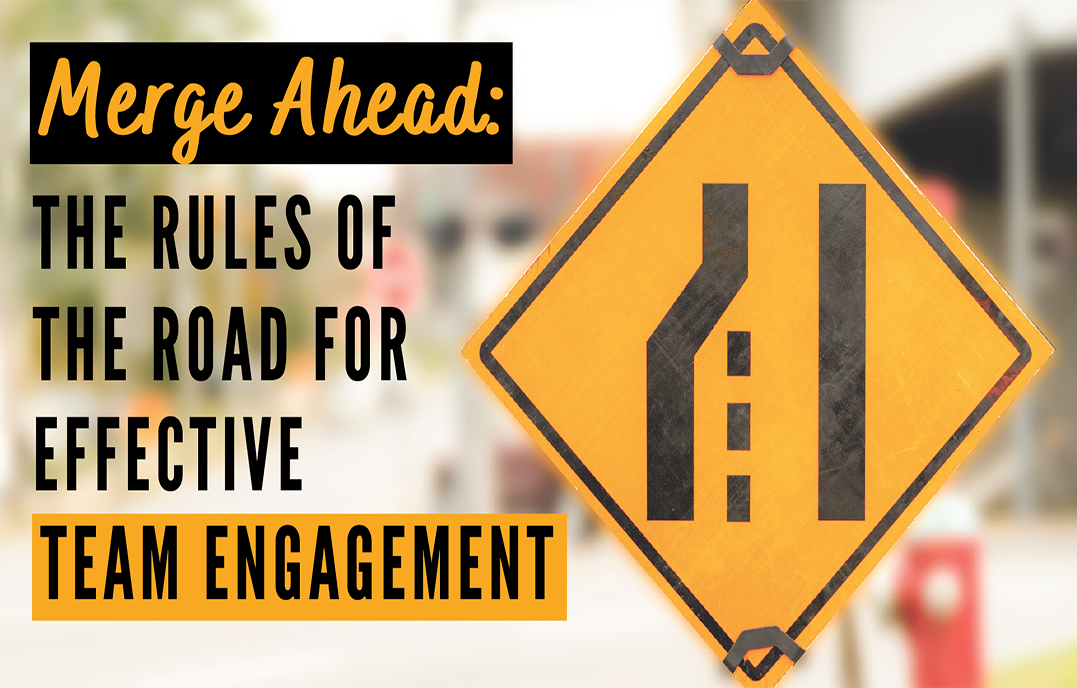In order to get my driver’s permit as a teenager in Texas, I had to take a series of Saturday morning classes offered by my high school. After completing the classes, I needed at least 12 hours of driving practice accompanied by a licensed adult 21 years or older in the front passenger seat. Much to my mother’s horror, she was my designated adult passenger.
Luckily, Mom and I survived those practice drives, although the row of flowers she’d lovingly planted along our driveway paid the ultimate price. After I was issued a driver’s license by the State of Texas, I quickly learned that the written rules of driving were subject to interpretation. Merging, yielding, passing, and allowing others to pass meant very different things depending on whether I was negotiating rush hour traffic on I-45 or taking a weekend trip along the network of state routes and farm roads that connected small towns across the state.
When it comes to interacting with a group of people, it helps to establish a common set of guidelines for everyone’s safety. For teams, guidelines lay out how you are going to connect with one another, how you can create a space for everyone to contribute comfortably, and how to be individually vulnerable to make the collective outcome stronger. Here are some “I will…” recommendations for teams that want to create the rules of the road to improve engagement.
1. I will respect confidentiality. Every team needs to be able to invoke confidentiality when sensitive issues arise. The team needs to be able to have open and frank discussions without worrying about whether I will leak what is said to other coworkers.
2. I will be fully present. If an issue arises that can’t be covered in an email, I commit my full attention to what’s being discussed. I will resist the temptation to multi-task or respond to cell phone notifications during team meetings.
3. I will ask for what I need. I will assume responsibility for asking for what I need to be successful in my role. Nobody is a mind reader. So, if I need something, I will ask for help getting my needs met instead of waiting for someone else to figure out what I’m missing.
4. I will not assume my perspective is everyone’s reality. My perspectives are shaped by my beliefs, opinions, experiences, and unconscious biases. They’re how I view the world. Owning my perspective is part of speaking my truth. That said, it doesn’t mean my perspective is always right or true. It’s just what’s true for me.
5. I will have the courage to be imperfect. Learn to fail or fail to learn is a framework for a growth (rather than fixed) mindset. Mistakes come with being human, so I will admit my mistakes and course correct, where possible, as soon as possible.
Teams that honor and model a set of rules of the road both individually and collectively will create a mutual sense of safety and move forward faster.
Question: What are some of the rules of engagement on your team? Are they healthy?




